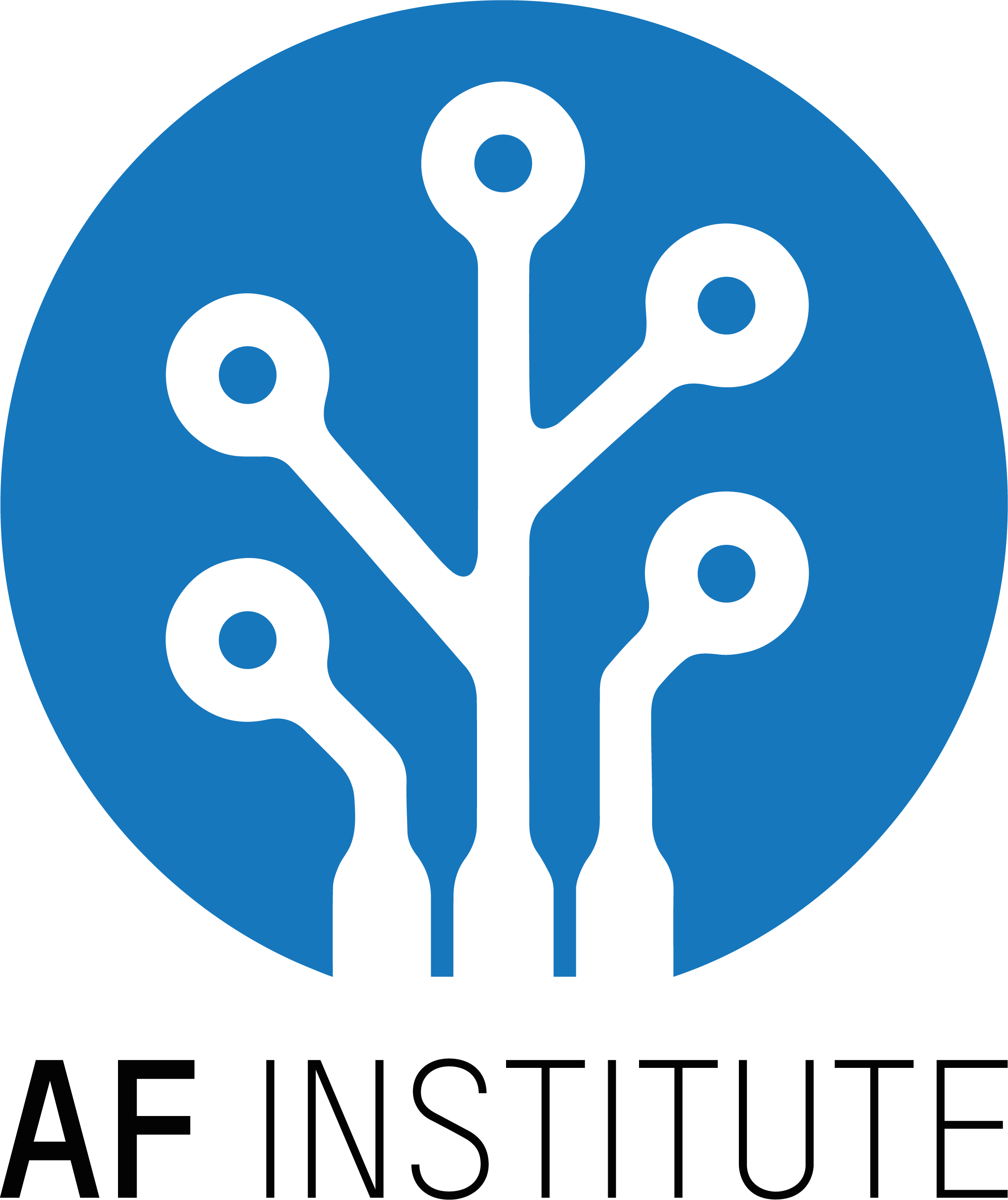Artificial intelligence, as a so-called General Purpose Technology (GPT), has the best prerequisites to be the driver for the sixth long wave of economic development (colloquially known as a Kondratiev wave). This is clear from a report recently written by economist Walter Scherrer. “Long waves” are economic cycles with a duration of 40–50 years.
The essay by Prof. Scherrer, entitled “Artificial Intelligence as a trigger for an upcoming “long wave” of economic development – and why economic policy should care about it” has been published in the AF Institute’s series of publications (working Paper 2020/02). Registered users can download the PDF free of charge.
Fundamental change
GPTs trigger a fundamental change in economic life, Scherrer points out. Austria stands to benefit more than others from artificial intelligence, the Salzburg University Professor emphasizes.
Technology import leads to knowledge transfer
From an economic policy point of view, the import of AI technologies (knowledge transfer) is particularly important. The transfer of knowledge strengthens existing companies and stimulates new sectors as well as public administration. Learning effects strengthen the Austrian economy. AI is, so to speak, the logical next step after digitalization.
48% Growth
Various studies have assumed an exponential growth of the AI market. According to Scherrer, one analysis predicts an annual AI growth of 48% by 2025.
Austria benefits particularly strongly
Small, open economies such as Austria are particularly benefiting from this technology. Compared to other countries, Austria benefits above average from artificial intelligence. The clever use of AI technologies would double the gross value added in Austria, says Scherrer. Since risks from new GPTs are never completely clarified, an ethical approach to artificial intelligence is particularly important.
AI for high service quality
The implementation of AI applications in the public sector and for the provision of services financed from public sources (e.g. in the health sector) is essential in order to ensure high quality of services, to improve overall economic efficiency and thus to promote economic growth, stressed Scherrer. Examples of such AI-related know-how imports have already shown promising results.

